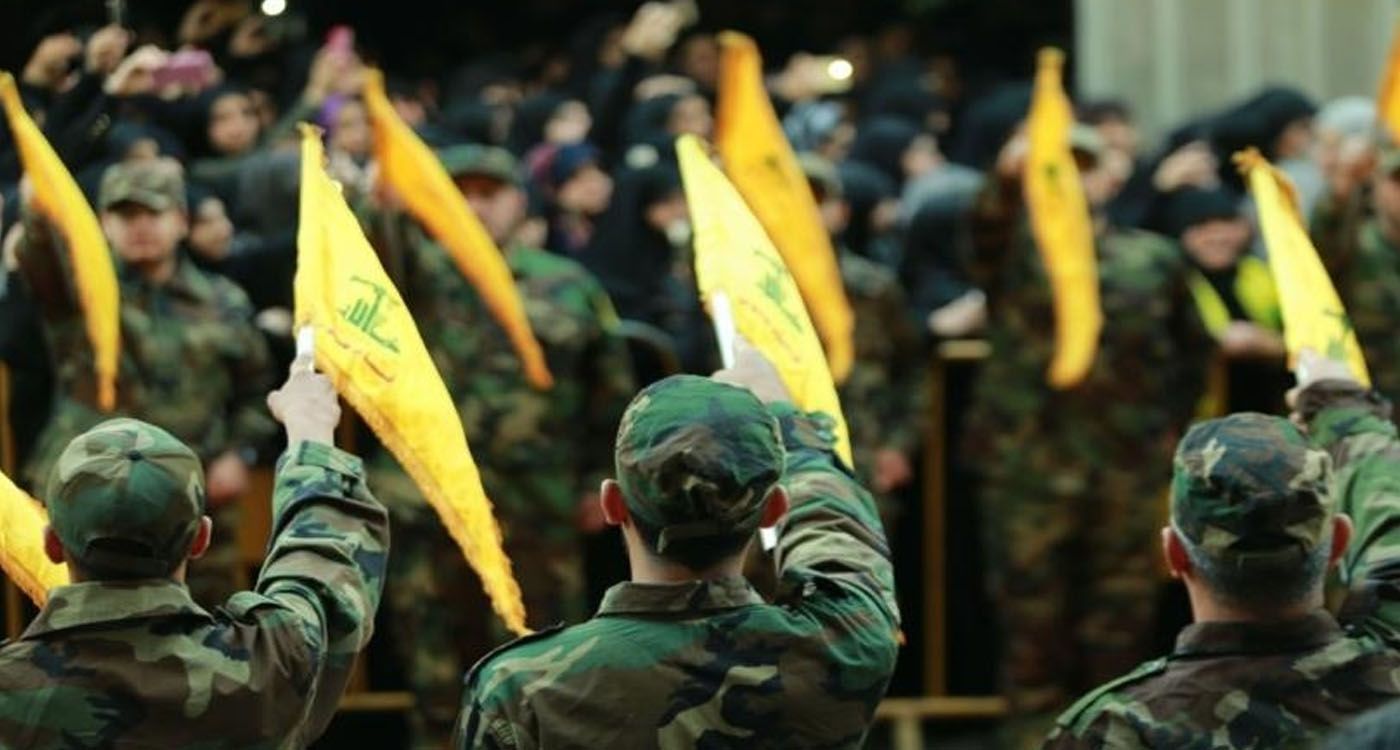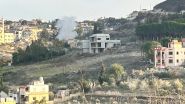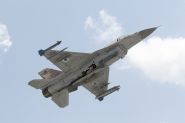
A farewell to arms is the essential condition for a return to normal political life in Lebanon, whether or not a new president is elected on January 9.
Hezbollah must reinvent itself and relinquish all military autonomy. After everything that has happened, a return to the status quo ante is out of the question, and the Speaker of Parliament must come to terms with this.
The next President of the Republic should state unequivocally: what Hezbollah has done to Lebanon must never happen again. To achieve this, it is imperative to strip this group of all military autonomy, in accordance with UN Resolution 1701 and the Taif Agreement. In fact, Hezbollah was never authorized to use Lebanon as a “front.” In a true state, it would have no right to do so.
That said, those who have read the book written by Naim Qassem, the current Secretary-General of Hezbollah, about the formation of this group, understand how difficult it will be to reform an ideology of warfare closely tied to eschatological beliefs, which would take too long to detail. Moreover, Hezbollah has never hidden that it carries not only a political agenda but also a social project that it has refrained from discussing further.
To grasp the incompatibility of Hezbollah “as is” with Lebanon’s parliamentary democracy, it is worth noting that Article 11 of the Iranian Constitution – to which this group adheres – states that “all Muslims form one nation, and the government of the Islamic Republic must base its policy on the alliance and unity of Islamic nations. It must constantly strive to achieve the political, economic, and cultural unity of the Islamic world.”
Obviously, in such a transnational entity, Lebanon would cease to exist, reduced to being merely a “province.” This recalls the case of the Syrian Social Nationalist Party (SSNP), an ally of the ousted Syrian president Bashar al-Assad, whose anachronistic dream envisions Lebanon’s dissolution into a greater Syria.
Another example: as in any parliamentary democracy, Lebanon’s political system rests on the fundamental principle of the separation of powers. Yet this principle has no place in the system of Wilayat al-Faqih, to which Hezbollah has pledged allegiance. Article 57 of the Iranian Constitution places the judicial, legislative, and executive powers “under the absolute authority of the Supreme Leader.”
Suspicious efforts were made to obscure this reality in the early 1990s. For example, the Taif Agreement mentions the principle of “separation of powers,” but adds the phrase “their balance and cooperation” (Preamble E). These two unnecessary clarifications seem to have been added solely to weaken the independence of the judiciary and expose it to interference from the other two powers. This is exactly what the triumphant Hezbollah, acting as a substitute state, has practiced. One hopes these times are gone forever.
Fortunately, Hezbollah’s project does not enjoy unanimous support within the Shiite community. In particular, it is at odds with the Lebanese orientation championed by Imam Mohammad Mehdi Shamseddine (1936–2001), who was long the president of the Higher Shiite Council.
A leading political and religious figure, Mohammad Mehdi Shamseddine urged his community not to embark on Hezbollah’s transnational Shiite project but to fight within their respective societies to defend their legitimate rights. Today, Ayatollah Sistani in Iraq, the supreme reference for Arab Shiites, as well as numerous Shiite dignitaries within Iran itself, support the same orientation.
The Cause of Lebanon
One of the primary motivations that could lead Hezbollah to reinvent itself is recognizing the extraordinary importance of Lebanon’s “cause” compared to all other Middle Eastern causes. This cause, which has the potential to shape all regional realities, is the primacy of spirit over the letter of religious commandments, one of the first “theological loci” of interreligious dialogue.
It is thanks to this primacy that Lebanon is the beating heart of the Arab East, as its national anthem declares. This richness stems from its Christian roots, which enable it to embrace modernity while avoiding any rupture between faith and reason. For a religion that, according to the Christian philosopher Paul Valadier, suffers from a “tormented relationship between revelation and reason, unfavorable to a critical reading of its own sources and traditions” (Lueurs dans l’histoire – Salvator), Lebanon is an academically vital environment.
The primacy of spirit should particularly manifest in the transition from sectarian affiliation to civic belonging (a note for the new power in Syria).
Defended by the Joint Declaration on Human Fraternity signed in Abu Dhabi between the Pope and Imam Ahmad al-Tayeb, Rector of Al-Azhar (February 2019), this transition – which Lebanese, Jordanian, and Egyptian Islam embraces – aims to put an end, once and for all, to extremism and the division of people into believers and dhimmis. The implementation of the Taif Agreement and the lifting of resistance to civil marriage – the central obstacle to change – should serve as milestones in this fundamental process.
Finally, if Lebanon must hold primacy in our eyes over the rest of the Arab world, it is also because its geographical size protects it from imperial dreams that tempt some. These natural limits grant Lebanon the possibility to use conceptual tools more freely than any other nation, enabling it to inspire durable and peaceful solutions to all Arab world causes, starting with Jerusalem.
But this can only happen if reason and dialogue are not excluded from international relations, and Lebanon remains faithful to the historical vocation assigned to it by its geographic location at the strategic crossroads of the Mediterranean and the Arab hinterland, its religious roots in its national identity, and its pluralistic foundation.



Comments